Brandon Duncan, who goes by the Rap name Tiny Doo, is in court for benefitting off the violent actions of fellow gang members. According to ABC 10, Duncan has no criminal record. He and 14 other members of the gang are being charged for being involved in nine shootings since April 2013.
The prosecution is using a law voters approved in 2000 that says gang members can be prosecuted if they benefit off criminal acts of fellow gang members. Prosecutors are saying that Tiny Doo’s “No Safety” album sales have been supported by the reputation of the gang. This is the first time the law is being put into effect.
Tiny Doo’s cover art, which is below, features a gun and bullets. The lyrics discuss themes such as selling drugs, killing foes and making a better life for his family.
Tiny Doo’s attorney, Brian Watkins, says that there is no reason for his client to be charged.
“It’s shocking,” he says. “He has no criminal record. Nothing in his lyrics say go out and commit a crime. Nothing in his lyrics reference these shootings, yet they are holding him liable for conspiracy. There are huge constitutional issues.”
ABC 10 asked law professor Alex Kreit for his thoughts on the case and he agrees with Watkins that this law is a stretch.
“The Constitution says it can’t be a crime to simply make gangster rap songs and hang out with people that are committing crimes,” he says. “You have to have more involvement than that.”
Tiny Doo has worked with Lil Wayne and was featured on a Strong Arm Steady mixtape with Talib Kweli and Planet Asia.
Earlier this month, Noisey analyzed the use of Rap lyrics in court. Lyrics and music videos were used in the trial of Ra Diggs, with the judge saying it was permissible in order to prove “a pattern of criminal activity.”
Killer Mike said that the use of lyrics is proof of racism permeating society.
“The most dangerous thing is not the active participation in a racist system by the judges or the prosecutors or the police, who are the front lines of making sure these policies are in place,” he says, “but the very real and very scary thing is the apathy by the general American public that is the same racial makeup of the leaders of these groups.”
Last year, lyrics were used in a murder case in San Antonio. In 2008, Vonte Skinner was convicted of murder when his lyrics were used as evidence. An appellate court later overturned the decision, but this caused the New Jersey Supreme Court to consider the allowance of Rap lyrics in court.
In light of the consideration, Bun B spoke to MSNBC and questioned the use of lyrics in court.
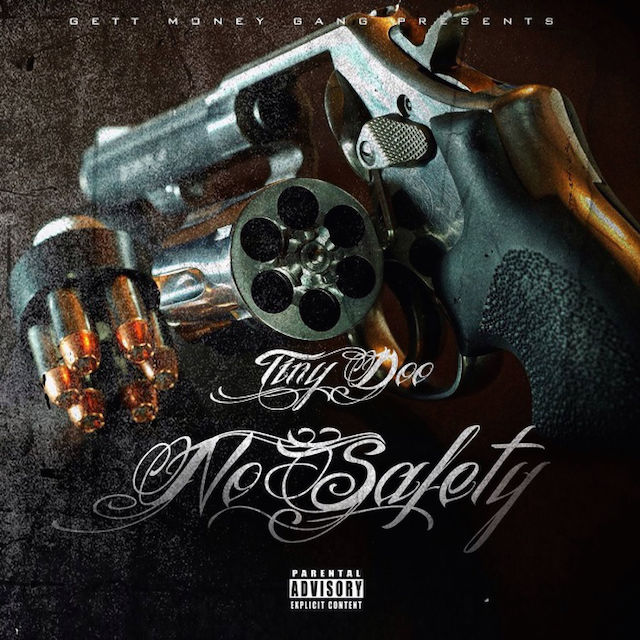
RELATED: Bun B Addresses Rap Lyrics Being Admissible In Court
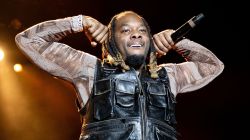


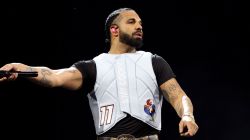
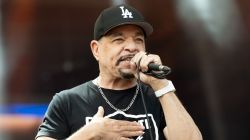
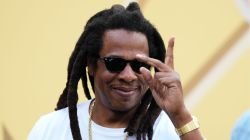
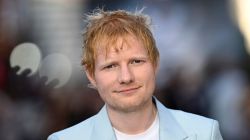
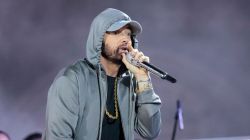
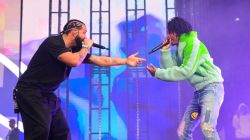

who is this wack fuck?
Don’t know why, but your comment was hilarious!!!!!!!
Tiny Doo? HAHAHAHAHAHA! Aint nothing tiny about that mug. Anyway, he’s connected to gang ties? Where can I find some? Just bought some suits, and would love some new gang ties to rock with em.
Your comment amused me. You have served your purpose sir, you may retire for the day
looks like tiny doo-doo is in a spot of bother lmao
tiny doo is in some deep shit
Lol so he’s getting in shit for doing what major labels push artists like Rick Ross to do?
its bullshit
He does what indie artists like Fiddy do, talk about guns and hope white kids are fascinated enough to support it financially.
Whutcha gonna do when Tiny Doo comes for you?
yes
Does anyone even care about this gang banging rapper? Even if he’s a real gang banger in the rap game, real gang bangers are everywhere. Dime a dozen. So what?
im from SD and ive never heard of this clown.
Killer Mike a fool for that comment